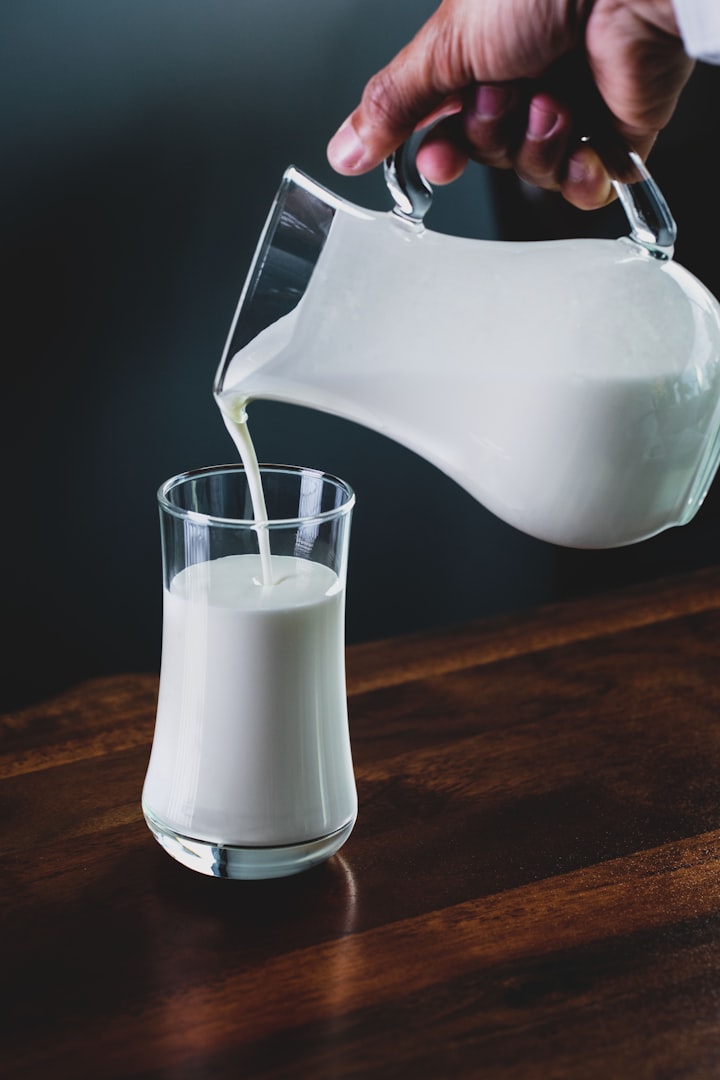
When it comes to building and maintaining a healthy body, protein is an essential nutrient. It plays a critical role in the growth and repair of tissues, as well as the production of enzymes, hormones, and other molecules that support optimal health. While animal-based sources of protein like meat and eggs are often considered the gold standard, there is another protein source that is gaining popularity for its impressive nutritional profile: Spirulina.
What is Spirulina?

Spirulina is a blue-green algae that grows naturally in warm, alkaline waters around the world. It has been consumed for centuries in traditional cultures and is now widely recognized as a superfood due to its impressive nutrient content.
Spirulina is rich in nutrients such as protein, vitamins B1, B2, and B3, copper, iron, magnesium, and potassium. It also contains small amounts of almost every other nutrient needed by the human body.
Spirulina is a rich source of protein, containing up to 70% protein by weight, making it one of the most protein-dense foods available. It is also high in essential amino acids, which are the building blocks of protein that the body cannot produce on its own.
In addition to protein, spirulina is also a good source of vitamins and minerals. It is particularly high in iron, B vitamins, and antioxidants like beta-carotene and phycocyanin, which give it its distinctive blue-green color.
Health Benefits of Spirulina
Boosts Immune System:
Spirulina contains compounds that help boost the immune system by increasing the production of antibodies and white blood cells.
Lowers Cholesterol:
Several studies have shown that spirulina can lower cholesterol levels, which is a major risk factor for heart disease.
Anti-Inflammatory:
Spirulina has anti-inflammatory properties due to its high concentration of phycocyanin, which has been shown to reduce inflammation in the body.
Supports Detoxification:
Spirulina is known to support the liver's natural detoxification processes by binding to heavy metals and other toxins in the body and helping to eliminate them.
Supports Weight Loss:
Spirulina is low in calories and high in protein, which can help promote feelings of fullness and support weight loss goals.
Improves Digestion:
Spirulina contains a type of fiber called polysaccharides, which can help support healthy digestion and bowel regularity.
May Improve Allergic Reactions:
Some studies have shown that spirulina may help improve symptoms of allergic rhinitis, such as nasal congestion and itching.
How to Incorporate Spirulina into Your Diet
Spirulina is available in several forms, including powder, capsules, and tablets. Here are some easy ways to incorporate spirulina into your diet:
Smoothies:
Add a tablespoon of spirulina powder to your favorite smoothie recipe for a boost of protein and nutrients.
Snacks:
Sprinkle spirulina powder over popcorn, nuts, or roasted chickpeas for a healthy and flavorful snack.
Soups:
Add spirulina powder to your favorite soup recipe for an extra boost of protein and nutrition.
Salad Dressings:
Mix spirulina powder with olive oil, lemon juice, and garlic to create a flavorful and nutrient-dense salad dressing.
Baked Goods:
Add spirulina powder to baked goods like muffins or energy bars for a healthy and protein-packed snack.
Precautions
While spirulina is generally safe for most people, there are some precautions to keep in mind:
Allergic Reactions:
People with allergies to seafood or seaweed may be more likely to have an allergic reaction to spirulina.
Contamination:
Spirulina can be contaminated with heavy metals and other toxins, so it is important to purchase from a reputable source.
Side Effects:
Some people may experience mild side effects like stomach upset, nausea
Overall, spirulina is a nutrient-dense food that may offer several health benefits. However, it is important to note that more research is needed to fully understand its effects on the body and to determine the appropriate dosages for specific health conditions. As with any dietary supplement, it is recommended to consult with a healthcare professional before adding spirulina to your diet.
About the Creator
Sana
𝐌𝐞𝐝𝐢𝐜𝐚𝐥 𝐬𝐭𝐮𝐝𝐞𝐧𝐭⚕️ Medical & health..






Comments
There are no comments for this story
Be the first to respond and start the conversation.